
Training in Alignment
How much training is too much? Where is the drop-off in terms of time spent training and race-day results?
Periodization, polarized training, interval workouts—your performance depends on how you train. Master the key training concepts in endurance sports and you will look at every workout with new eyes.

How much training is too much? Where is the drop-off in terms of time spent training and race-day results?
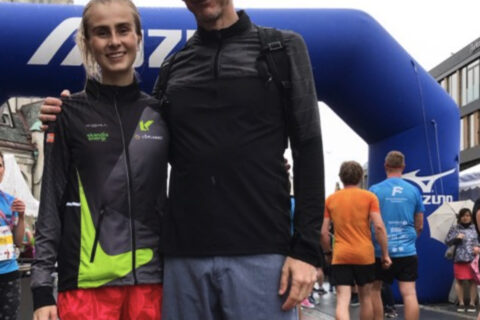
If your dad were a world-class exercise physiologist like, say, Dr. Stephen Seiler, how would you train? Probably pretty effectively. In this case study of one, Dr. Seiler chats with his daughter and runner, Siren, to review her career and training methods.
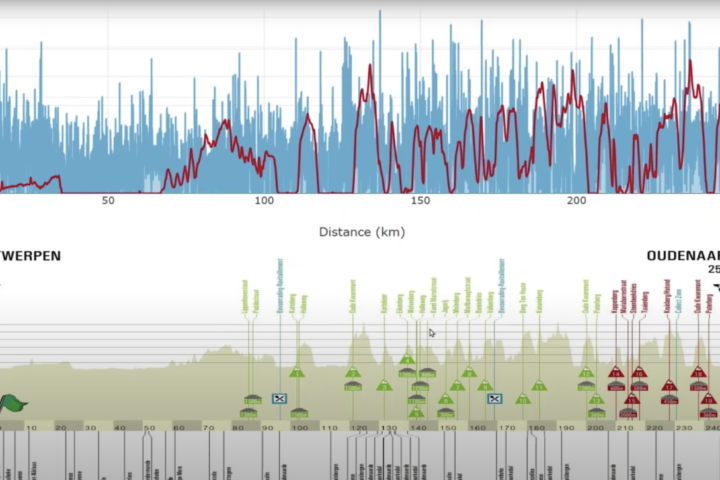
Crunching numbers is one thing, but if you want to turn data into victory, here are a few key things you should do and a few things to avoid.
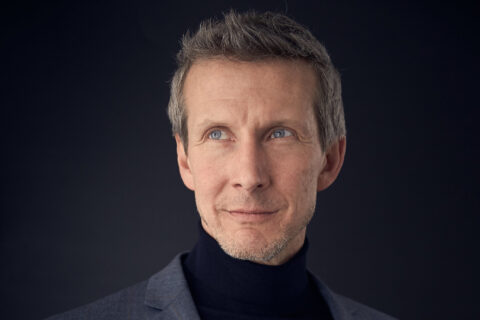
Dr. Stephen Seiler speaks at the Aspire Academy on why and how to monitor athlete training loads.
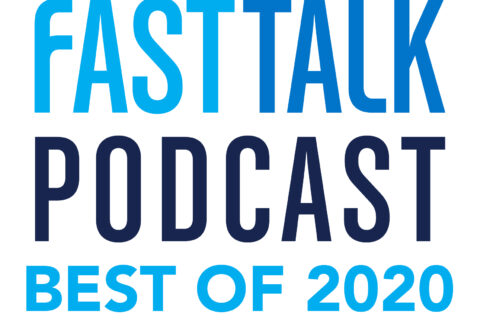
We bring you our favorite conversations with exceptional guests from the worlds of physiology, medicine, nutrition, sports psychology, and, of course, cycling.
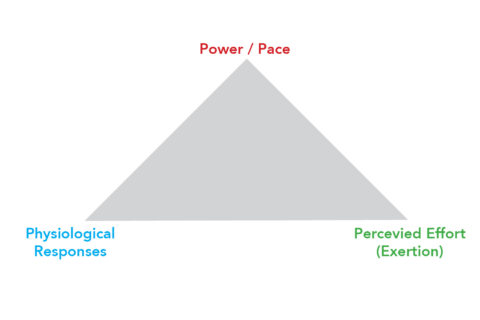
Dr. Stephen Seiler shares the “holy trinity” of training feedback in this live presentation at a rowing conference.
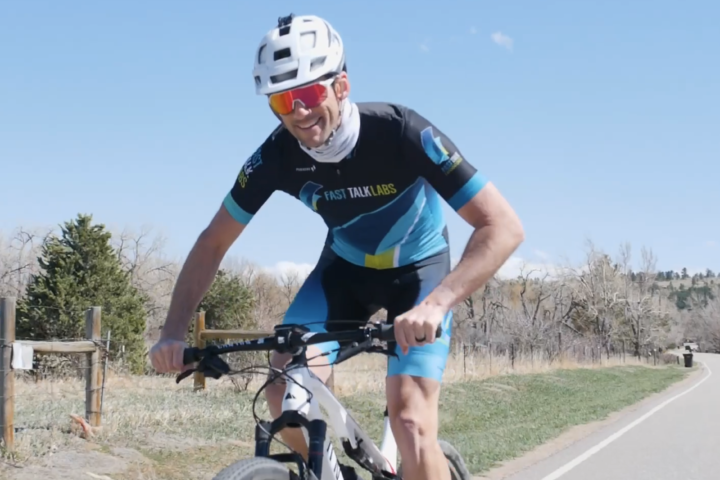
Head Coach Ryan Kohler, Coach Trevor Connor, and Chris Case field questions on how to best execute 4×8-minute intervals, tips on creating micro training camps, and much more.
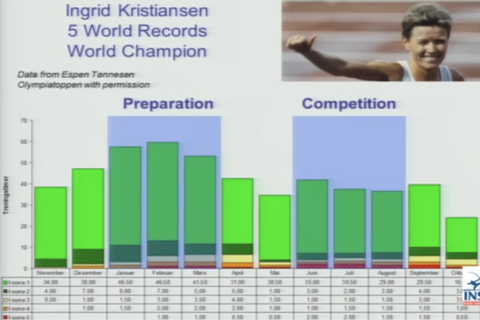
Dr. Seiler presents on the topic of training intensity when using polarized training.

Certain physiological gains only happen after years of development. We discuss how to design training plans that look two or more years ahead.
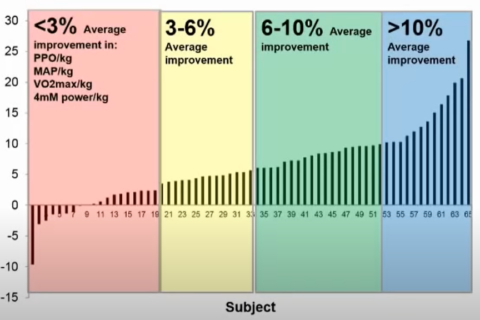
Dr. Stephen Seiler presents the reasons, methods, and benefits of moving from a polarized training template to a more personalized, optimized training method that is still based on polarized training.

Many athletes worry that they will lose fitness if they skip too many days of training. While detraining does occur over time, there are also many benefits to taking a break.
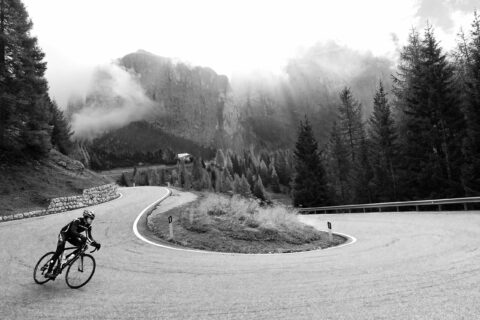
We believe modern coaching doesn’t optimally fulfill the needs of the modern athlete. That’s why we’re introducing our community, education, and coaching membership, Fast Talk Laboratories.
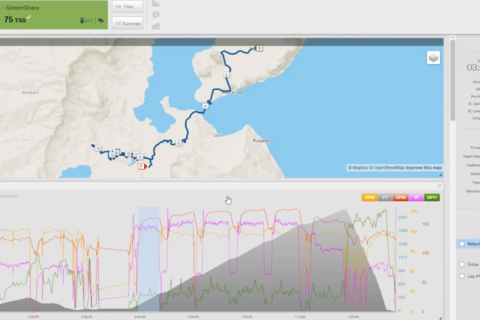
Coach Trevor Connor and Coach Ryan Kohler walk through their process for interpreting 5×5-minute interval workout sessions in TrainingPeaks.
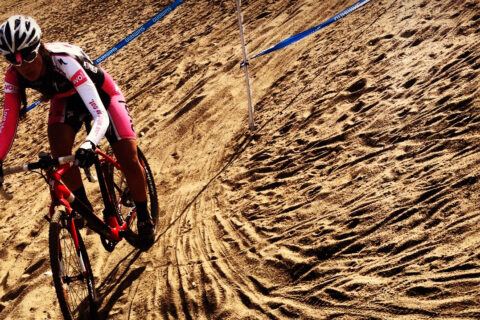
Grant Holicky breaks down the best cyclocross skill drills to upgrade your ‘cross racing with the help of some highly qualified riders.
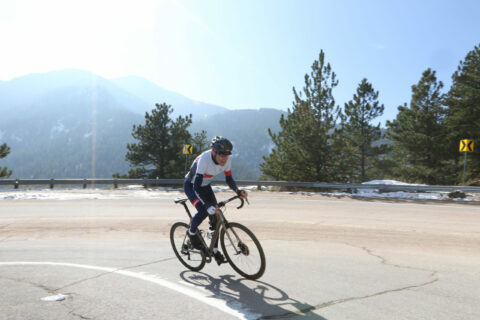
Reducing cardiovascular drift and increasing fiber recruitment are key components of sustainability.
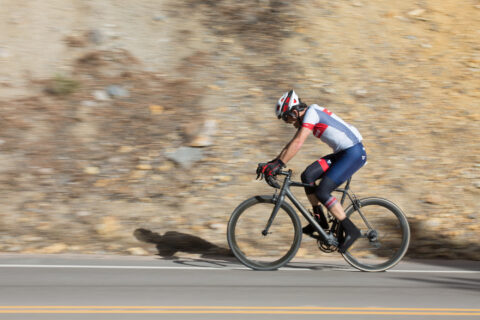
Why do we sometimes ride our best during fatigue weeks, or struggle during a recovery week? Learn the signs you should look for during your peak, recovery, and at the end of big training blocks.
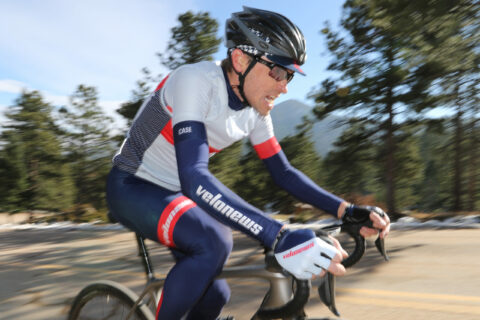
Trevor Connor revisits the fundamentals of aerobic versus anaerobic pathways, and helps us understand more advanced principles of interval training.
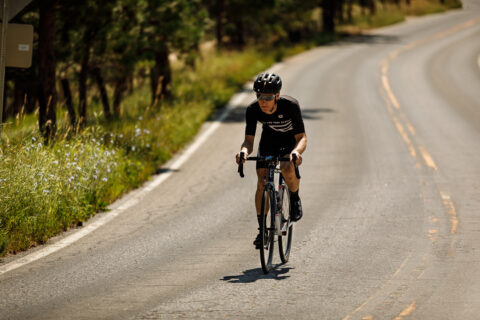
We catch up with our friends at The Pro’s Closet, Spencer Powlison and Bruce Lin, to discuss their recent four-week Strava PR Challenge. In the lead up to their attempts, we helped them with training advice and “race-day” strategy tips.